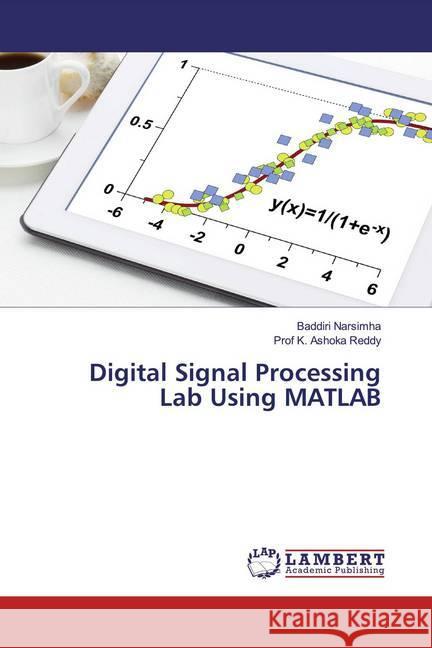Digital Signal Processing Lab Using MATLAB » książka
Digital Signal Processing Lab Using MATLAB
ISBN-13: 9786200234599 / Angielski
Signal processing is the enabling technology for the generation, transformation, extraction, and interpretation of information. It comprises the theory, algorithms with associated architectures and implementations, and applications related to processing information contained in many different formats broadly designated as signals. Signal processing uses mathematical, statistical, computational, heuristic, and/or linguistic representations, formalisms, modeling techniques and algorithms for generating, transforming, transmitting, and learning from signals. (Signal Processing Society Constitution, Article II) We have reached the point where the information can be captured, transmitted and reproduced almost perfectly. Furthermore digital technology makes it possible to represent in digital form and preserve at every stage so that the processing can be easy for a digital system. A Computer can produce any sound by giving proper commands it is possible to hear. But we must understand the relationship between what happens in the computer and what we hear when we given the commands. -This relationship is Digital Signal Processing.











